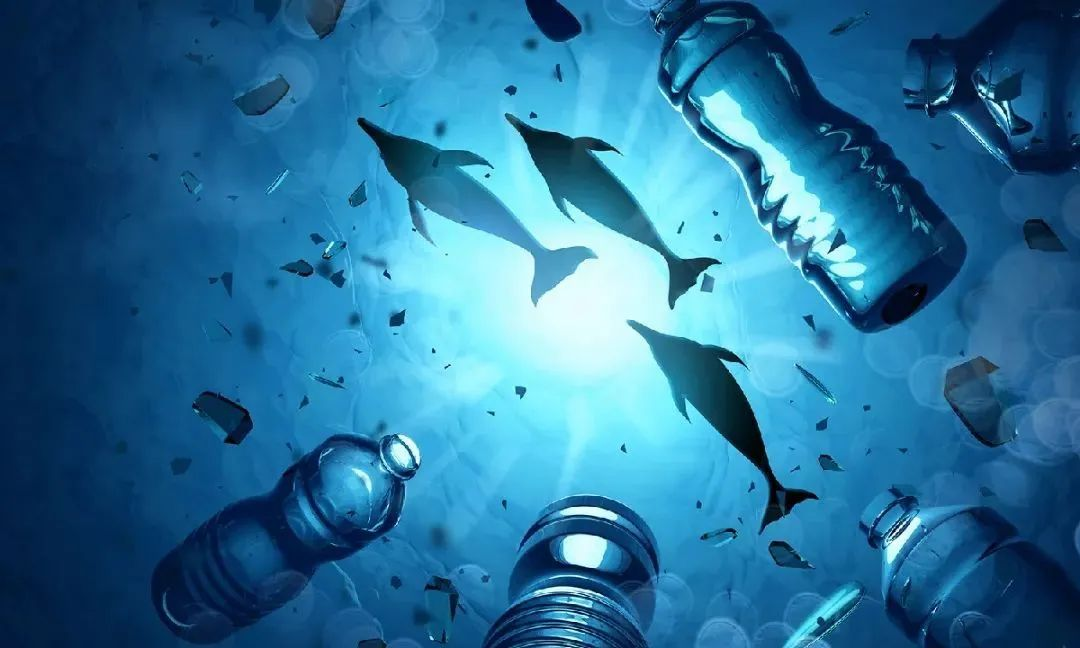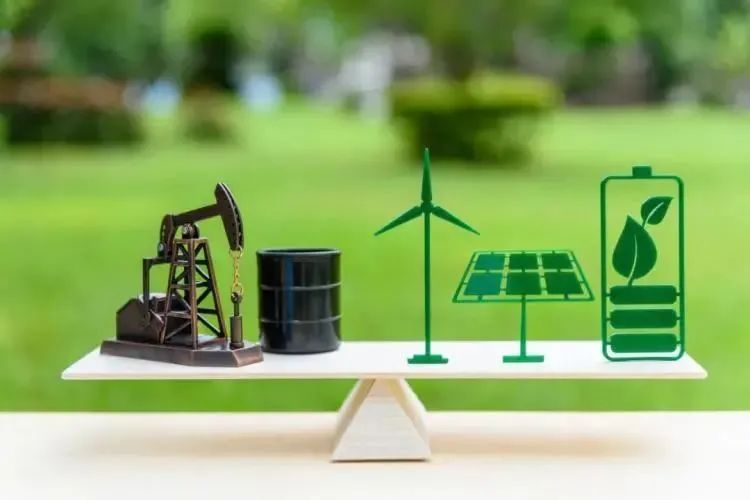A new report from the Ellen MacArthur Foundation (EMF) and the United Nations Environment Programme (UNEP) states that the use of virgin plastics in packaging from the world's leading brands of commitment is expected to decline by nearly 20 percent.
The 2021 Global Commitment to a New Plastics Economy Progress Report shows that after decades of growth, brands and retailers that have signed the Global Commitment are already showing signs of peaking their use of virgin plastics in 2021 and are expected to decline by nearly 20 percent by 2025.
Much of the current progress has been driven by recycling, but it's not enough to solve the plastic pollution problem - there is an urgent need to increase efforts to phase out the use of single-use plastic packaging.
The call for a global agreement on plastic pollution is gaining more momentum than ever before.
New data shows that for the second year in a row, brands and retailers of the New Plastics Economy Global Commitment ("Global Commitment") have reduced the amount of virgin plastic used in packaging.
Three years after the launch of the Global Commitment to a New Plastics Economy, signatories to the commitment are showing signs of peaking and now declining use of virgin plastics, according to the Ellen MacArthur Foundation and the United Nations Environment Programme.
The Global Commitment adds mandatory virgin plastic reduction targets for 2021, with all 65 brand and retailer signatories now setting corresponding targets. The new commitment will further reinforce and accelerate the downward trend in virgin plastic use. If the new commitments are met, the absolute use of virgin plastics will decline by nearly 20 percent by 2025 compared to 2018.
It is estimated that if both the new targets and existing commitments are met, 8 million tons of virgin plastics will be reduced annually by 2025, which is equivalent to 40 million barrels of oil saved from extraction.
Reducing the use of virgin plastics is a welcome trend, but brands and retailers are focusing on gradually replacing virgin plastics with recycled plastics in their current programs and future plans. This is only part of the solution, however, and does not address the total amount of plastic packaging being put on the market. Current efforts to phase out single-use packaging remain inadequate, with less than 2% of signatories' plastic packaging reusable and more than half of signatories' plastic packaging reusable at zero.

New industry commitments and action plans will bring tangible progress to the plastics cycle
All consumer packaged goods, retail and packaging producers that have signed the Global Commitment have committed to making all of their plastic packaging 100 percent reusable, recyclable or compostable by 2025. All consumer packaged goods and retail companies that have signed the Global Commitment have also pledged to achieve an average of 25 percent recycled material in their plastic packaging by 2025, about 10 times the current global average valuation.
Other companies have set higher targets for recycled materials, with Werner & Mertz, POSITIV . A and IWC Schaffhausen have set targets of 100%; Bio-D 75%; Diageo and L'Occitane en provence 40%; L'Oreal, M & S, Accor and Sealed Air have also set targets of 30%.
As the first resin producers to sign the Global Commitment, Nordic Chemicals and Indorama have committed to transforming their current business model based on energy extraction and virgin materials to one based on material recycling by setting specific targets for the use of recycled materials. Consumer packaged goods, retail and packaging producers will generate a total of 5.4 million tons of demand in recycled plastics to meet their 2025 targets - the largest commitment to date in the use of recycled plastics as plastic packaging. Since the launch of the global commitment in 2018, post-consumer recycled plastic use by committers has increased by 60 percent. To accelerate the process of decoupling plastics use from fossil raw materials, a new primary plastics reduction target has been added to the Global Commitment for brands and retailers in 2021, and if the new commitment is met, the absolute use of primary plastics will fall by nearly 20% by 2025 compared to 2018.
Baroness Ellen MacArthur, founder and chair of the board of the Ellen MacArthur Foundation, said, "Plastic pollution cannot be solved through recycling alone, and phasing out single-use packaging is an important part of the solution. But our report shows that signatories are investing very little in this area, which is alarming. We need to focus more urgently on upstream innovation and rethink how we deliver products using packaging that is packaging-free or reusable. Not only will this avoid waste from the outset of design, it also means we can avoid carbon emissions from the outset of design, while creating new business opportunities. It is estimated that converting just 20 percent of plastic packaging from single-use to reusable would represent a business opportunity of approximately $10 billion."

Voluntary initiatives such as the Global Commitment have begun to make a difference, but a large number of companies and countries have recognized that voluntary initiatives alone are not enough to address plastic pollution. Signatories to the Global Commitment cover only 20 percent of global plastic packaging. We need a coordinated global response mechanism so that industry as a whole and all government departments can take action faster and at scale.
Calls for a global agreement on plastic pollution are growing. More than 80 leading companies and 119 governments are calling for a global agreement to tackle plastic pollution, and more than 2 million people have signed a public petition to show their support. The UNEA 5.2 agenda will be a critical moment when governments will consult on the next steps, including whether to open intergovernmental negotiations on a global agreement.

